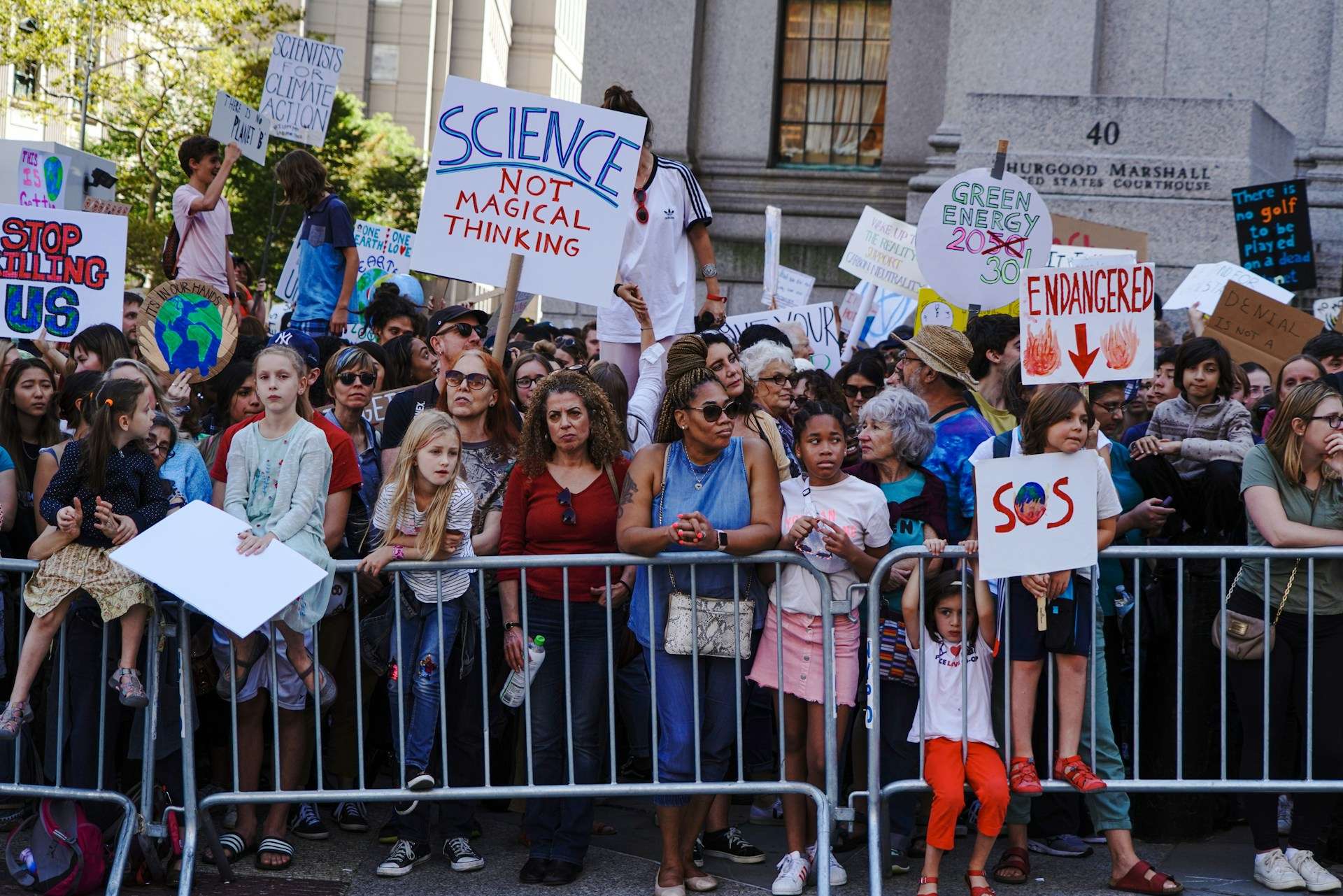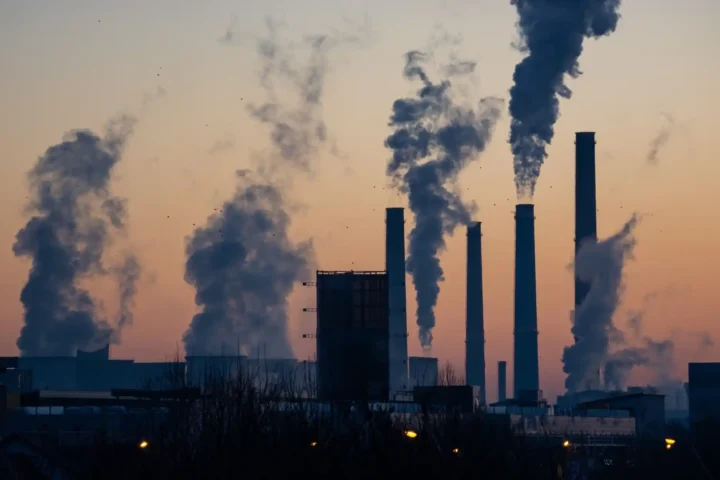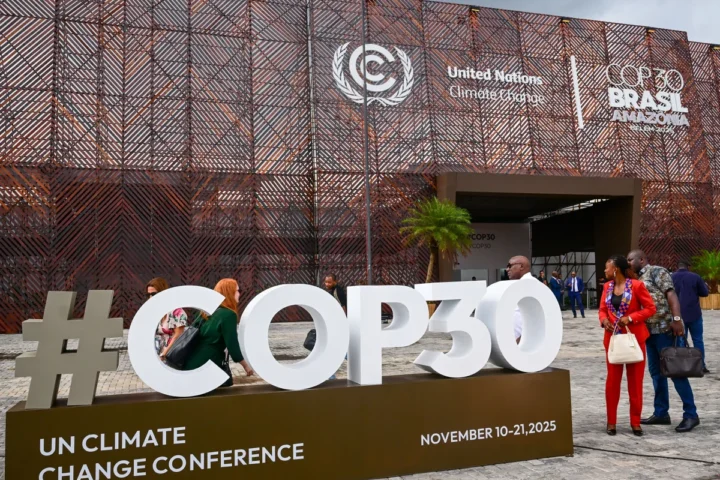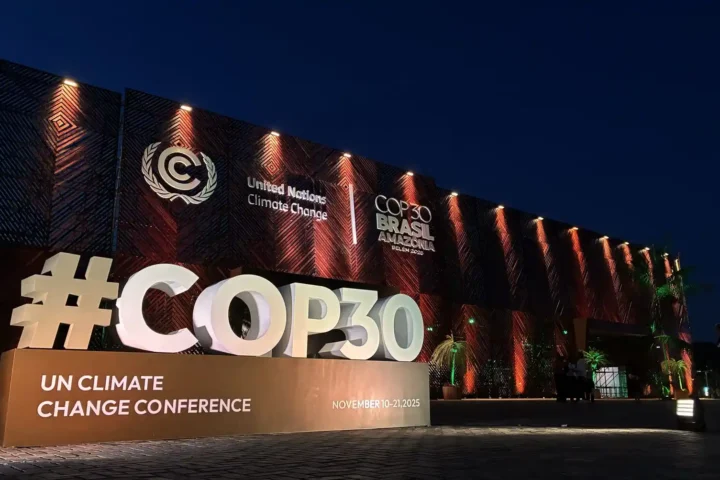The recent Supreme Court decision in Loper Bright Enterprises v. Raimondo represents a seismic shift in U.S. regulatory policy, one that poses a profound threat to the nation’s ability to address the looming and urgent crisis of climate change. By dismantling the Chevron deference doctrine, the Court has stripped federal agencies of their long-standing authority to interpret ambiguous statutes, a move that will likely lead to significant delays, increased litigation, and potentially the invalidation of crucial environmental regulations.
For forty years, Chevron deference allowed agencies with technical expertise to guide the interpretation of complex statutes, filling in gaps left by Congress. This framework was essential in enabling federal agencies like the Environmental Protection Agency (EPA) to take meaningful action on emerging issues—such as climate change—that were not anticipated when many environmental laws were originally passed. Now, with the Court’s ruling in Loper Bright, this interpretive power shifts to the judiciary, a branch often lacking the specialized knowledge required to navigate the technical intricacies of environmental regulation.
This decision could not come at a worse time. The climate crisis demands swift, decisive action, yet the United States’ regulatory landscape is now mired in uncertainty. The ruling is expected to embolden challenges to a wide array of environmental regulations, further stalling efforts to reduce greenhouse gas emissions. The EPA, already stretched thin, now faces an uphill battle as it tries to defend its authority under statutes like the Clean Air Act, which, while groundbreaking in the 1970s, were not written with today’s climate realities in mind.
The Supreme Court’s decision in Loper Bright may have tilted the scales against federal agencies, but it should not be allowed to derail the nation’s fight against climate change
The broader implications of Loper Bright are equally troubling. The ruling opens the floodgates for legal challenges against federal rules that seek to protect public health, safety, and the environment. It also raises the specter of a more ideologically fragmented judiciary, where decisions on crucial environmental protections could vary wildly depending on the composition of the court. The result is a regulatory environment characterized by unpredictability and paralysis, precisely when the opposite is needed.
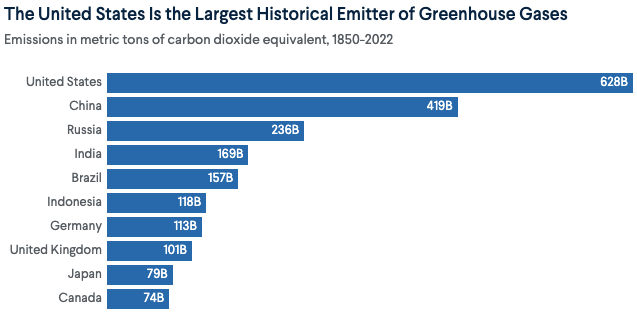
Climate change is not a distant threat; it is a present-day emergency that demands immediate and coordinated action. The United States, as one of the largest historical and current contributors to global greenhouse gas emissions, has a responsibility to lead by example. Yet the recent Supreme Court rulings, including Loper Bright and the earlier West Virginia v. EPA, significantly undermine the country’s ability to meet its climate commitments.
Every delay in reducing greenhouse gas emissions brings us closer to a point of no return, where the damage becomes too great to undo
Congress, too, bears responsibility for this regulatory void. For years, it has failed to pass comprehensive legislation that directly addresses climate change, leaving federal agencies to operate within the constraints of outdated statutes. The demise of Chevron deference now puts the onus back on Congress to draft clear and specific laws—a task it has shown little appetite for in the current polarized political climate.
Without robust federal action, the United States risks falling behind in the global effort to combat climate change. The stakes could not be higher. Rising global temperatures, more frequent and severe natural disasters, and the potential for irreversible ecological damage threaten not only the environment but also the health, safety, and economic well-being of people around the world. Every delay in reducing greenhouse gas emissions brings us closer to a point of no return, where the damage becomes too great to undo.

As the world’s largest economy and a historical leader in global environmental policy, the United States has a critical role to play in the international response to climate change. The recent Supreme Court decisions, however, send a troubling signal to the rest of the world: that the U.S. is retreating from its commitments just when bold leadership is most needed. This undermines not only global climate diplomacy but also the credibility and influence of the United States on the world stage.
In the face of this judicial rollback, it is imperative that Congress steps up to fill the void. It must pass clear and comprehensive climate legislation that provides federal agencies with the authority they need to regulate greenhouse gas emissions effectively. Moreover, the American public must recognize the gravity of these legal shifts and demand that their elected representatives take immediate and decisive action to protect the environment for future generations.
The clock is ticking. The climate crisis is not waiting for the United States to get its legal and political house in order. Every day of inaction or delay brings us closer to a future defined by more extreme weather, greater economic disruption, and increased human suffering. The Supreme Court’s decision in Loper Bright may have tilted the scales against federal agencies, but it should not be allowed to derail the nation’s fight against climate change. The stakes are too high for anything less than full and urgent commitment to protecting our planet.
